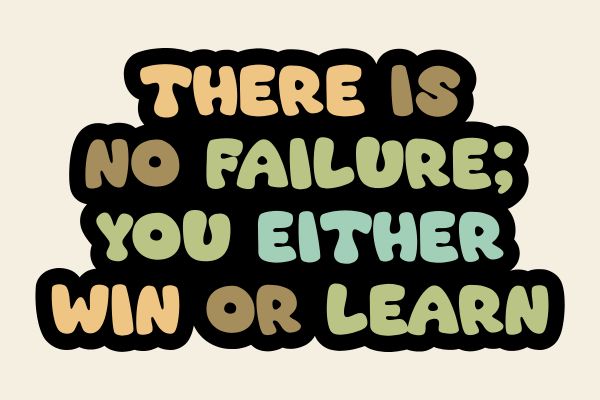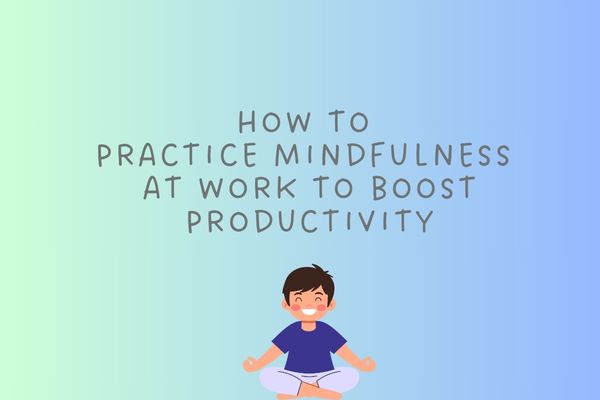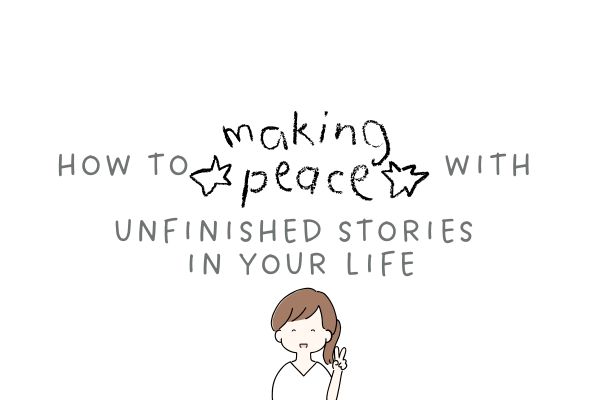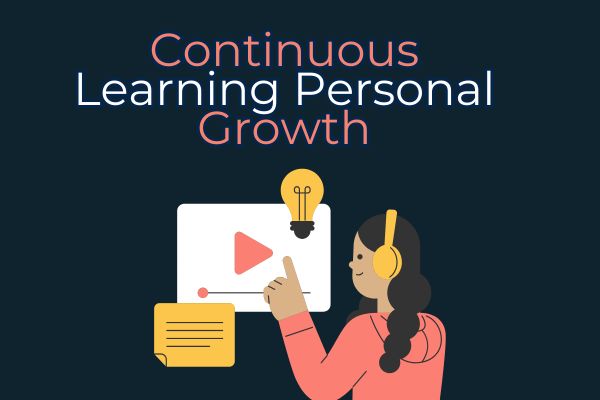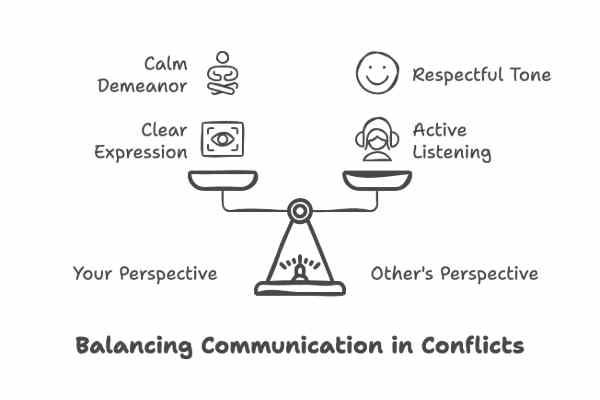If there’s one thing I’ve come to understand on my journey of growth and self-discovery, it’s that failure isn’t the end of the road—it’s a detour to a better path. As someone who has leaned heavily on journaling to navigate the twists and turns of life, I’ve found that reflecting on my failures has been one of the most enlightening exercises. It hasn’t been easy, but it has been transformative.
Failure used to terrify me. It felt like an indictment of my worth, a confirmation that I wasn’t good enough. But as I began to unpack these moments of failure in my journal, they became less like walls and more like windows. Each one offered a new perspective, a lesson waiting to be learned.
In this piece, I want to share some of the most important lessons I’ve learned from reflecting on my biggest failures. These aren’t abstract theories or platitudes; they’re hard-earned insights from the messy, imperfect process of living, failing, and growing.
Lesson 1: Failure Is Not Final
For a long time, I equated failure with finality. If I didn’t succeed at something, I saw it as the end of the line. But journaling helped me challenge this mindset. By revisiting my failures, I realized that many of them weren’t dead ends at all. Instead, they were redirections—opportunities to course-correct and find a better path.
Take, for example, the time I failed to land my dream job. At the time, it felt devastating. I questioned my abilities and spiraled into self-doubt. But when I revisited that experience in my journal months later, I saw it differently. Losing out on that job forced me to explore other opportunities that eventually led me to a role that was an even better fit.
Failure, I’ve learned, is rarely as definitive as it feels in the moment. More often than not, it’s a stepping stone to something greater.
Lesson 2: Your Worth Is Not Tied to Your Success
One of the most toxic beliefs I’ve had to unlearn is the idea that my worth is tied to my achievements. Growing up, I internalized the message that success equaled value. So when I failed, it felt like a personal failing—a confirmation that I wasn’t enough.
Journaling became a safe space to untangle these beliefs. Writing about my failures forced me to confront the harsh, critical voice in my head. Over time, I began to see that my worth isn’t determined by external outcomes. I am valuable simply because I am. My successes and failures are part of my story, but they don’t define me.
This shift in perspective has been life-changing. It’s given me the freedom to take risks and pursue my passions without the paralyzing fear of failure.
Lesson 3: Growth Happens Outside Your Comfort Zone
Many of my failures have come from stepping outside my comfort zone—trying something new, taking a chance, or pushing myself in unfamiliar territory. While these experiences were often painful in the moment, they were also some of the most rewarding.
Reflecting on these failures has helped me see them for what they are: proof that I was brave enough to try. Growth doesn’t happen when we’re playing it safe; it happens when we’re willing to take risks and learn from the outcomes, whatever they may be.
One of the most vivid examples of this came when I launched a passion project that ultimately flopped. At first, I saw it as a waste of time and effort. But as I wrote about it in my journal, I realized how much I had learned from the process—skills I’ve since used in other successful ventures.
Lesson 4: Failure Teaches Resilience
If there’s one thing failure has taught me, it’s resilience. Every time I’ve fallen short, I’ve had to find the strength to get back up. And each time I’ve done so, I’ve grown a little stronger.
Resilience isn’t about never feeling pain or disappointment; it’s about learning to move forward despite those feelings. Journaling has been a crucial tool in building this resilience. It’s given me a space to process my emotions, gain perspective, and remind myself of my ability to overcome challenges.
Looking back, some of my biggest failures were also my biggest teachers. They showed me what I’m capable of and reminded me that I’m stronger than I think.
Lesson 5: Failure Can Be a Catalyst for Change
Some of the most significant changes in my life have come on the heels of failure. Losing a job, ending a relationship, or falling short of a goal has often been the wake-up call I needed to reassess my priorities and make necessary changes.
For example, one of my biggest failures came when I tried to juggle too many responsibilities at once and ended up burning out. At the time, it felt like a personal failing. But reflecting on that experience helped me see that I needed to set better boundaries and prioritize self-care. That failure was a turning point, leading me to a healthier, more balanced way of living.
Lesson 6: Failure Builds Empathy
Experiencing failure has made me more empathetic toward others. When you’ve been through tough times, you’re better able to understand and support others who are struggling. Journaling about my failures has helped me process my emotions and, in turn, approach others with greater compassion.
It’s also reminded me that everyone is fighting their own battles. Failure is a universal experience, and sharing our stories can help us feel less alone.
Lesson 7: Reflection Turns Failure into Wisdom
One of the most powerful lessons I’ve learned is that reflection turns failure into wisdom. It’s not enough to fail; we need to take the time to understand why we failed and what we can learn from it.
Journaling has been my go-to tool for this kind of reflection. Writing about my failures forces me to confront uncomfortable truths and dig deeper into the root causes of my setbacks. It’s not always easy, but it’s always worthwhile.
Through this process, I’ve gained insights that have helped me make better choices, avoid repeating mistakes, and approach life with greater self-awareness.
Moving Forward with Courage and Grace
As I reflect on my journey, I’m struck by how much I’ve grown through failure. It hasn’t been an easy road, but it’s been a meaningful one. Each failure has shaped me, taught me, and brought me closer to the person I want to be.
I’ve learned that failure is not something to fear or avoid. It’s an inevitable part of life and an essential part of growth. When we embrace failure as a teacher, we open ourselves to a world of possibilities.
So here I am, still journaling, still learning, and still growing. I know there will be more failures ahead—that’s just part of the journey. But I also know that I’m better equipped to face them with courage, resilience, and a sense of curiosity.
An Invitation to Reflect
If you’re navigating your own failures, I encourage you to take some time to reflect on them. Whether it’s through journaling, talking with a trusted friend, or simply sitting with your thoughts, give yourself the space to explore what these experiences have to teach you.
Remember, failure is not the end. It’s an opportunity to learn, grow, and move forward with greater clarity and purpose. And who knows? The lessons you uncover might just transform your life, as they have mine.
